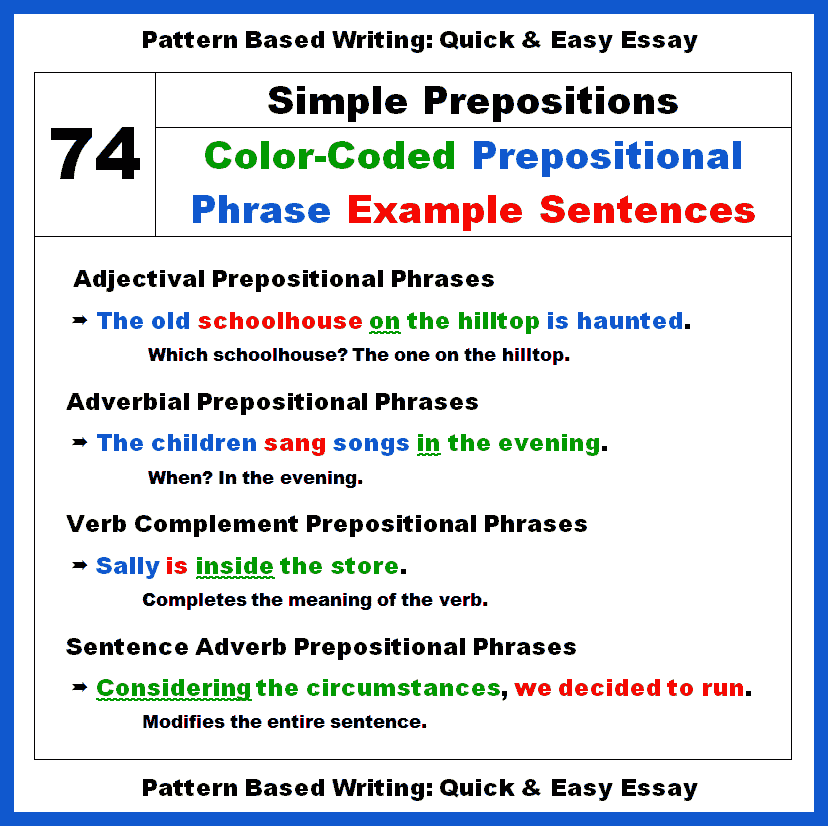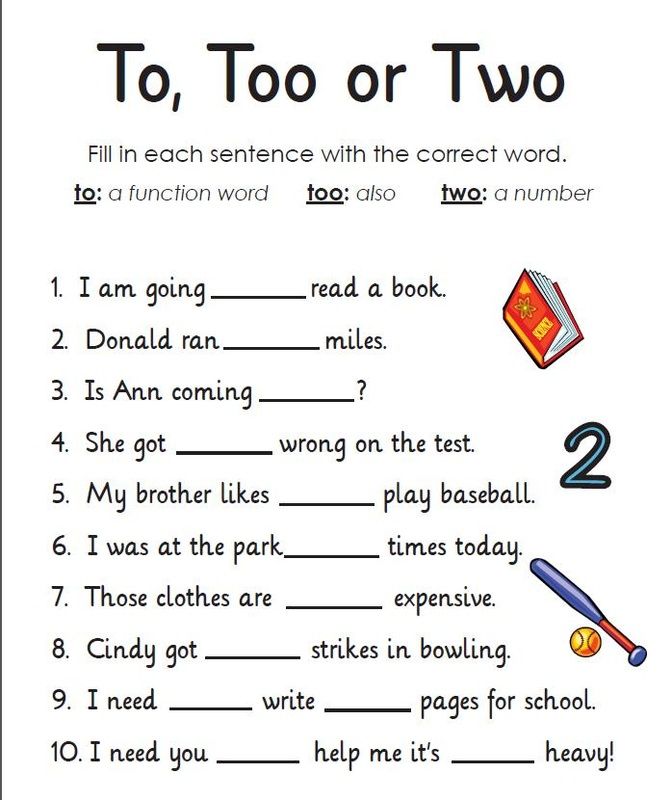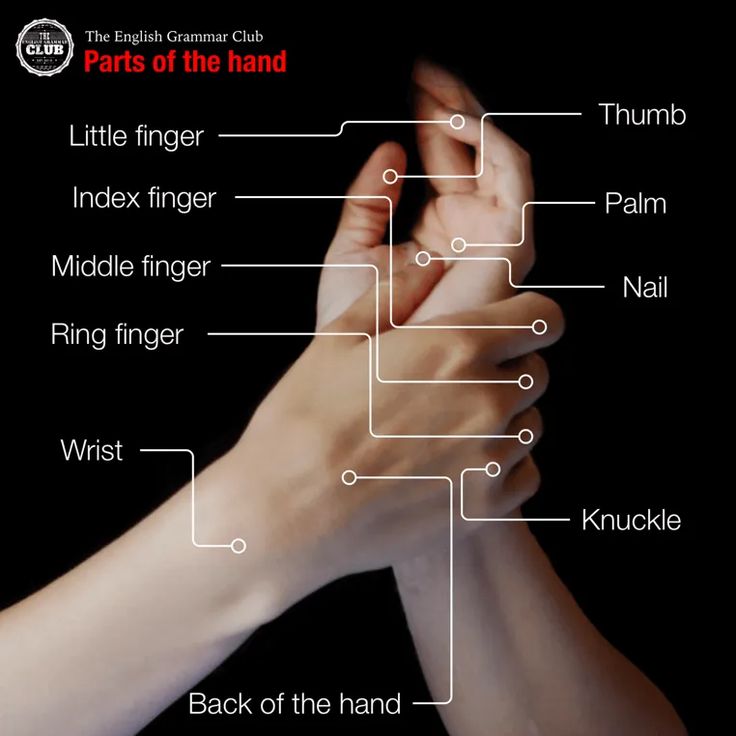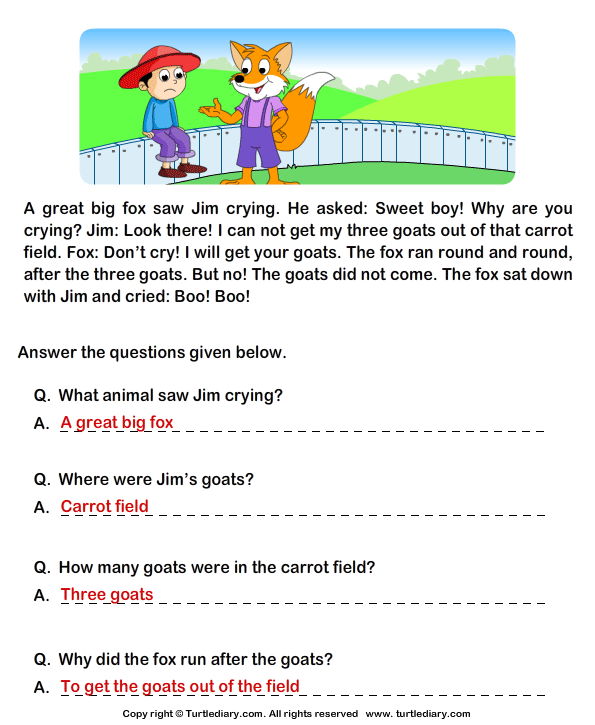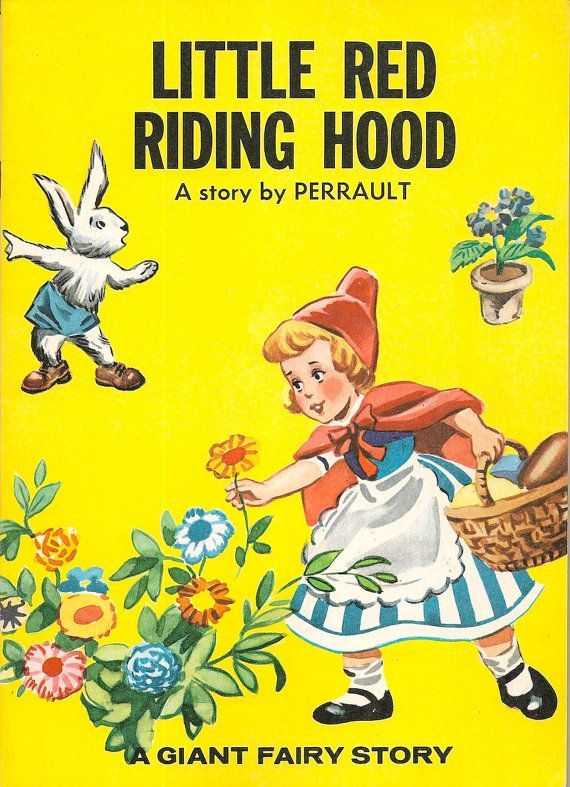Easy in a sentence
The Word "Easy" in Example Sentences
1160341 It's easy to distinguish good from evil. Eldad 3060708 It's easy to see Tom is a stranger here. sharptoothed 1192583 It's not easy to be honest all the time. nadsat 264152 It's not easy to keep up with the times. CM 2144572 The next few years won't be easy for us. oneconor 55089 These books are easier than those books. CM 56944 This book is easy enough for me to read. CK 55412 This is a story written in easy English. CK 1847635 This phenomenon is very easy to explain. al_ex_an_der 2640831 Tom was surprised how easy it was to do. CK 2526586 Tom's last name isn't easy to pronounce. CK 961862 Translating this text will be very easy. CK 57101 Which is easier, this book or that book? CK 290030 He is a frank person and easy to talk to. CM 3204128 I never told you it was going to be easy. CK 667920 It is easier to stay out than to get out.CK 246509 It is easy for me to answer the question. CK 325841 It is easy to distinguish good from evil. CK 28727 It is easy to love, but hard to be loved. CK 28574 It is not easy to get rid of a bad habit. CK 43620 It was easy for him to solve the problem. CK 247292 It was not easy for us to find his house. CK 284629 It's easy for him to compose a good poem. CM 1336544 It's incredibly easy to cheat the system. Scott 807414 Madison's first four years were not easy. Source_VOA 68720 That cocktail is sweet and easy to drink. CK 2744329 Tom didn't expect the test to be so easy. CK 26226 What is the easiest way to learn English? NekoKanjya 485807 A driver's job is not as easy as it looks. adjusting 1281737 All this is simple and easy to understand. al_ex_an_der 301789 He is leading an easy life in the country. CM 456143 It isn't easy to learn a foreign language. lukaszpp 374744 It's really easy for me to speak Japanese.
shirayuki 400397 Speaking English isn't easy, but it's fun. CK 804132 That half of the battle would not be easy. Source_VOA 1841797 That sounds a lot easier to do than it is. CK 57017 This book is easy enough for them to read. CK 458053 English is not easy, but it is interesting. Capuchin 1981142 Finishing this job by Tuesday will be easy. CK 288062 Go easy on him. He's still new around here. CM 51715 It is by no means easy to please everybody. CM 273707 It is by no means easy to satisfy everyone. CM 240452 It is not easy to find the way to the park. CM 21899 It is not easy to learn a foreign language. NekoKanjya 284241 It wasn't easy for him to keep his promise. CK 1539956 It's easier to make war than to make peace. Scott 33750 For Hawking, writing this book was not easy. CM 920878 It is easy to be brave from a safe distance. Scott 1981143 It'll be easy to finish this job by Tuesday.
CK 1975725 It's actually a lot of easier than it looks. CK
Use easy in a sentence
-
Advertisement
-
Advertisement
-
Advertisement
-
Advertisement
-
Advertisement
The word usage examples above have been gathered from various sources to reflect current and historical usage.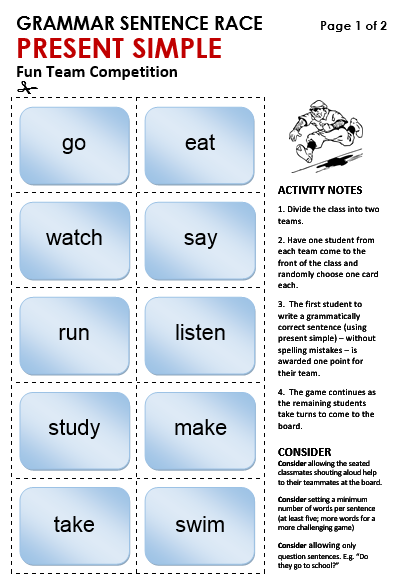 They do not represent the opinions of YourDictionary.com.
They do not represent the opinions of YourDictionary.com.
Related Articles
What Are Simple Poems to Memorize? 7 Easy Pieces
Deciding on a simple poem to memorize depends on the individual. Some people may find a haiku to be the simplest of poems to memorize, since it is very short. However, others may be able to memorize longer poems with ease because the poem has patterns in it or because the poem speaks to them or means something to them.
Fun Pictionary Words for Kids of All Ages
Pictionary is a great way to teach kids new words and keep them engaged. However, if you are playing Pictionary with kids of all ages, then you need to have diverse Pictionary words to cover all your age levels. Thankfully, you can find easy, medium, and hard Pictionary words for kids below to keep all your kids engaged in the fun.
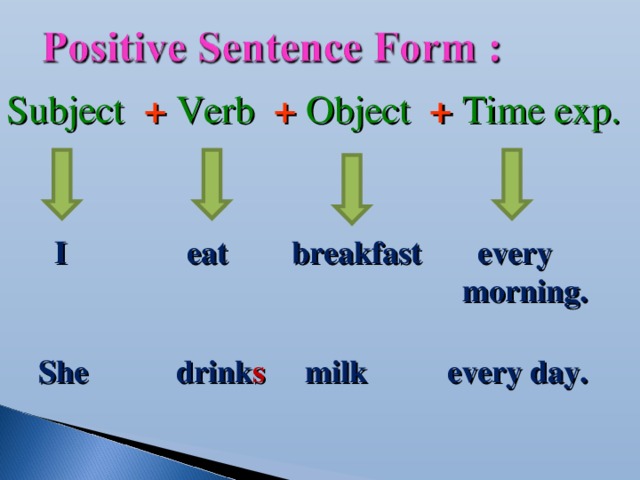 You can download our PDFs of lists to print and cut out.
You can download our PDFs of lists to print and cut out.
Also Mentioned In
- uneath
- Domain Internet Groper
- beach
- lov·a·ble
- high road
- er·go·nom·ics
- mis·take
- cav·a·lier
- hold my beer
- swim platform
- viscerotonic
- Tennessee walking horse
Words near easy in the Dictionary
- east york
- east-west-engine
- eastwardly
- eastwards
- eastwood
- eastwood clint
- easy
- easy as 123
- easy as cake
- easy-as-abc
- easy-as-falling-off-a-log
- easy-as-pie
10 words to delete from resume
Author: Superjob.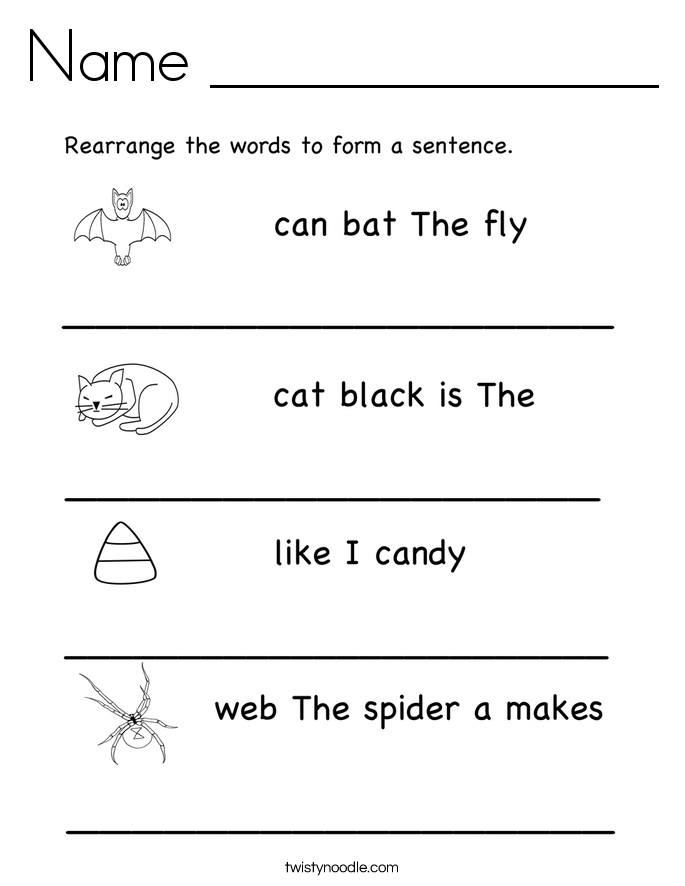 ru Portal Research Center
ru Portal Research Center
Are you sociable, stress-resistant and easily trained? Forget about it! And most importantly, delete it from your resume, because these very words no longer mean anything to recruiters and annoy them. Superjob asked 500 HR managers what words on job applicants' resumes make them feel bad.
It must be said that recruiters who are not annoyed by anything are still slightly more than those who have found something to insert into our list of stop words: 41 and 35%, respectively. Another 18% of HRs are annoyed not by specific phrases, but by mistakes and incorrect resume formatting, and 6% found it difficult to answer.
So, first of all, you should look for the words “communicative” and “stress-resistant” in the resume and delete them: 14 and 13% of HRs who have complaints about the vocabulary of the resume call these words meaningless and hackneyed, arguing that that the candidates themselves often do not understand their meaning: “Often candidates cannot even answer what communication skills are, or do not correspond to this quality”; “Everyone is writing about stress resistance.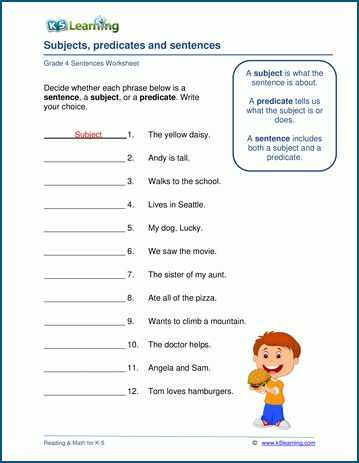 ”
”
“Do not call, do not disturb, do not offer…” — these words are on the 3rd place in our anti-rating (9%). Why are they dangerous? The job seeker, it would seem, is only trying to protect himself from uninteresting offers (for example, from recruitment agencies or offers with small salaries) or inconvenient ways of interaction (refusing, for example, to communicate on the phone and agreeing only to email correspondence), and recruiters see this is a doubt in their qualifications and a lack of confidence in their professional experience.
In fourth place is easy learning: 7% of personnel officers have complaints about this wording. “Especially the phrase about easy learning raises questions in the resumes of specialists with very long work experience,” the HRs explained.
“I want/love/have…” — be careful with these verbs. “I love people in most of their manifestations, but still a little more cats”, “I have a personal car and two children”; “I want to work” - these phrases are harmless only at first glance, recruiters (5%) see them as redundant information or an unsuccessful way to stand out from the crowd.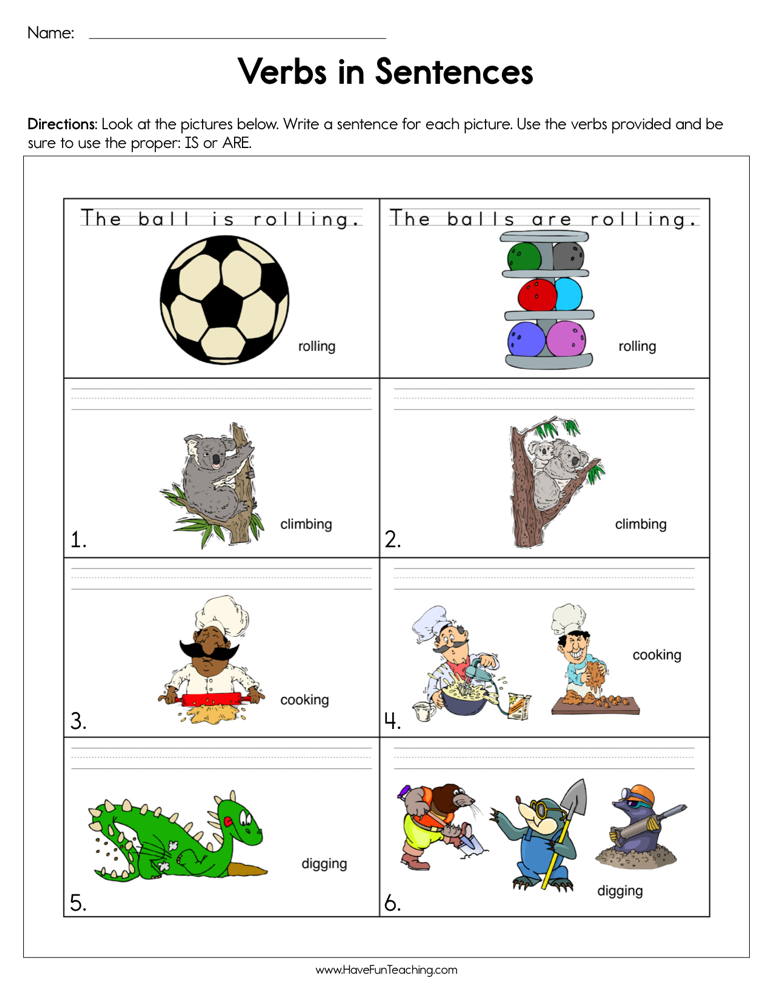
The phrase “I am the best / I can do everything / I can do everything” is in sixth place with 4% of HR votes. There is nothing better than a candidate who can and can do a lot, but at the stage of employment, specifics are needed: what exactly can the applicant do? what can? And the professional HR manager wants to make a conclusion about the uniqueness and high quality of the candidate himself.
“Salary at least / big salary / big salary / a lot of money” - recruiters (3%) advise replacing these and similar phrases with a specific figure in a special resume field called “Salary expectations”.
Presentable Appearance, Office Equipment Ownership, and Responsibility each received 2% of recruiters' votes. It makes sense to refer to unearthly beauty only when applying for vacancies in show business, and to be able to use a stapler and printer and not be a slob (that is, to be responsible) are self-evident things.
Among other claims of recruiters (47%) there were claims to such, for example, phrases: “Calling dead clients”; “Dependents: son / son and daughter”; "I can sell sand in the desert"; “I can dig, I can not dig, I can make others dig”; "I was sitting in the office"; "Fluent Russian", "Good day".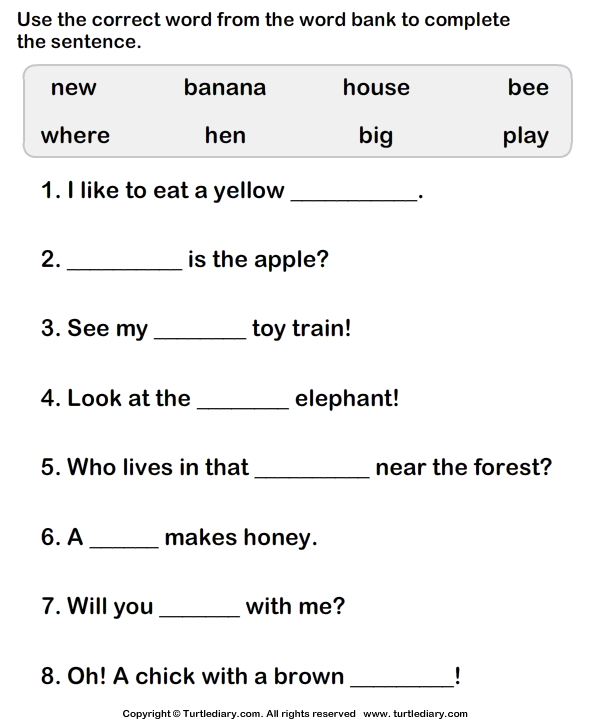 Cross them off your resume if your goal is to get a good job quickly.
Cross them off your resume if your goal is to get a good job quickly.
Location of the survey: Russia, all districts
Settlements: 97
Time: May 8 – June 11, 2015
Target population: HR managers and other representatives of the personnel departments of enterprises and organizations responsible for recruiting personnel
Sample size: 500 respondents
Question:
“There is a word / a phrase found in the resume of applicants that causes you negative emotions or annoys you? If yes, please write what the word is” (open survey)
| answers of respondents | |
| Yes, there are words / phrases that irritate* | 35% | 41% |
| Do not know | 6% |
0038
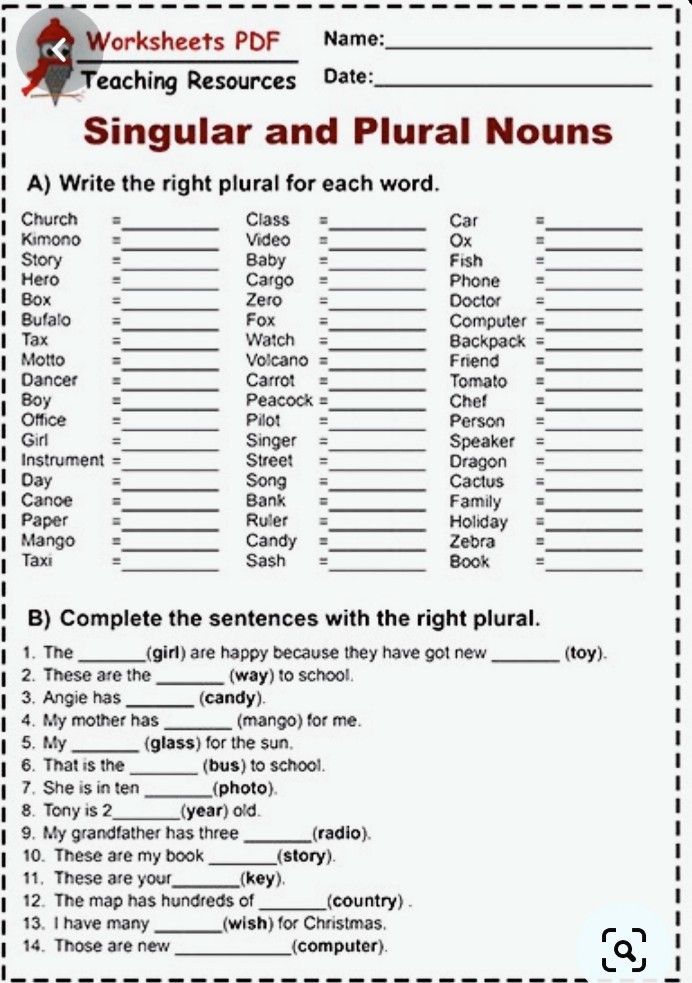
Like this article? Share with friends
share Class tweet
Blog embed code
10 words to delete from your resume
Are you sociable, stress-resistant and easily trained? Forget about it! And most importantly, delete it from your resume, because these very words no longer mean anything to recruiters and annoy them.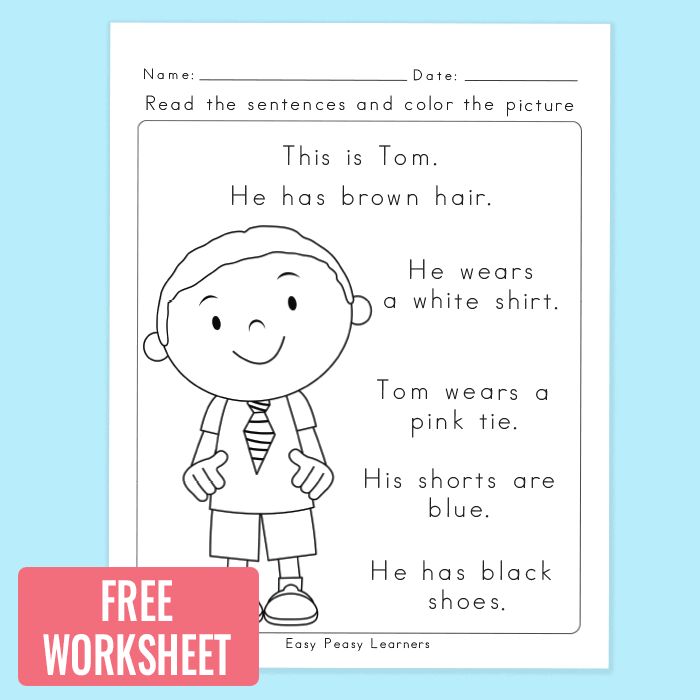 Superjob asked 500 HR managers what words in job seekers' resumes make them feel negative. More...
Superjob asked 500 HR managers what words in job seekers' resumes make them feel negative. More...
Source: Superjob.ru — Jobs, vacancies, resumes.
Didn't find the review you need on the site?
"Salary meter" will help you to keep abreast of the situation on the labor market!
Other articles
Subscription to new research results Price list for analytical research
Introductory words in Russian - table, types and examples
What are introductory words
Let's start, as always, with a definition - let's figure out what words are called introductory and why they are needed.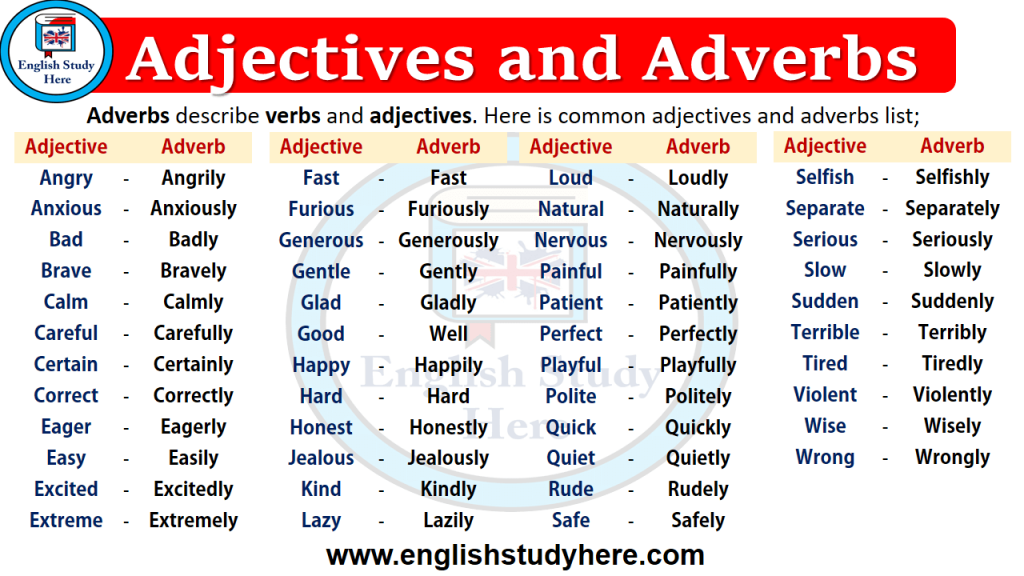 Schoolchildren face them starting from the 5th grade, although they study in detail only in the 8th grade. This is not a difficult topic if you have a good visual memory - there are very few rules regarding introductory words in Russian, and you just have to remember some things.
Schoolchildren face them starting from the 5th grade, although they study in detail only in the 8th grade. This is not a difficult topic if you have a good visual memory - there are very few rules regarding introductory words in Russian, and you just have to remember some things.
| Introductory words are sentence units that do not carry a separate semantic load, but enhance the emotional assessment, confidence or doubt of the speaker. They can also indicate the sequence of events, attract attention, etc. |
There are several types of introductory words, but they all have the following features:
- are distinguished in the text by commas, brackets or dashes;
- do not have grammatical connections with other members of the sentence;
- can be omitted from the text without loss of meaning.
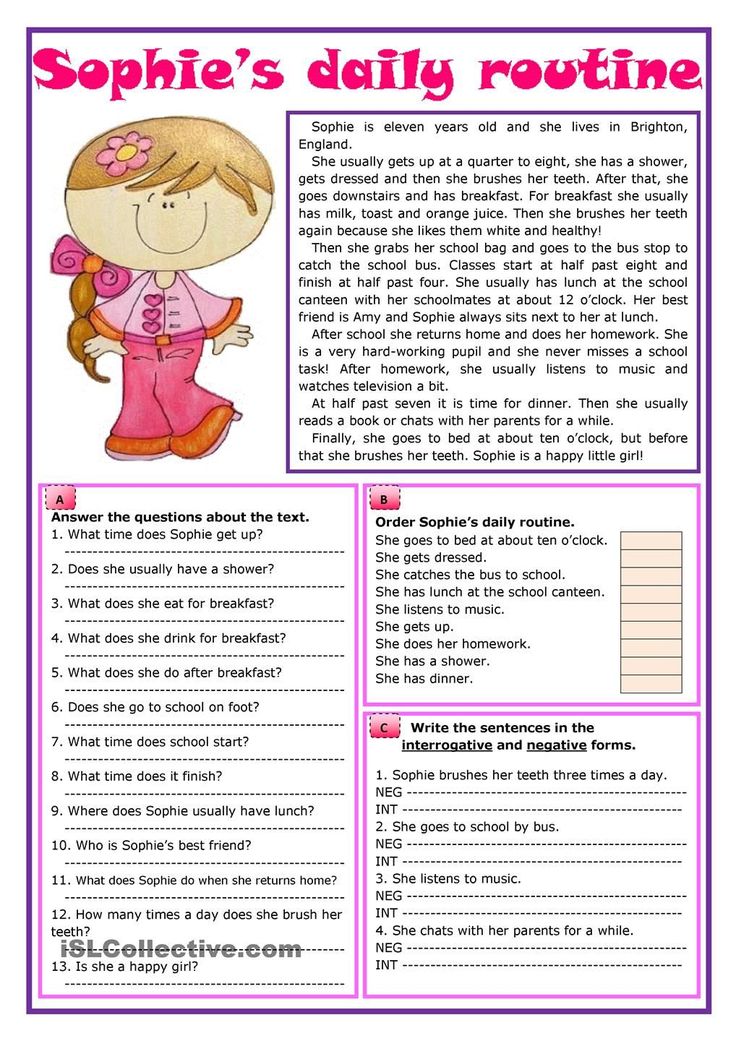
Important!
Introductory words are not part of the sentence. They should be distinguished from exactly the same words that act as circumstances, definitions or additions. The difference is that the introductory construction cannot be questioned.
Let's consider an example:
- Sasha did come, though , he was half an hour late.
- Sasha confirmed that everything written is pure true .
So, we have the word "truth", which in the first sentence acts as an introductory one, since it cannot be questioned. In the second sentence, it is also a predicate. We can pose the question: “what is written is what?”.
- I, right , will not be able to get home soon.
- The whole class is correct solved this problem.
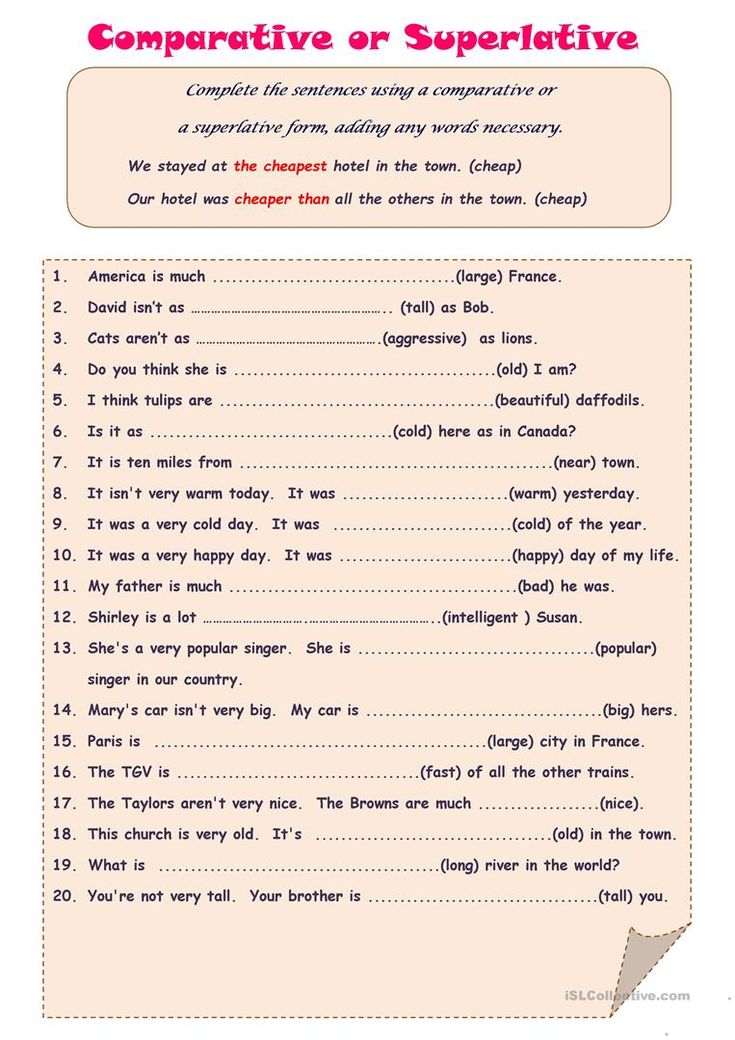
As you can see, in the second sentence you can put the question “how?” to “correctly”. Therefore, this word is not introductory.
The same rules apply to compound introductory words. They, too, can disguise themselves as different members of a sentence, and it is important to learn to recognize them.
Compare:
- Every morning he woke up with joyful anticipation, in a word , he was happy. — With a single word you won't be able to convince anyone, actions are needed.
- Sea air and plenty of sun, no doubt help to quickly recover from illness. - Misha dreamed of the sky since childhood, and therefore , without any doubt, chose the flight school.
Another way to distinguish introductory words is to remove them altogether and see if the sentence loses its meaning.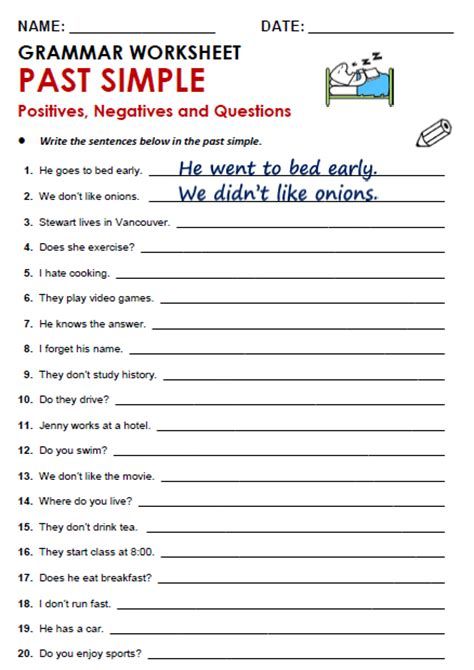 Let's try it on one of our examples:
Let's try it on one of our examples:
- Sasha did come, however, he was half an hour late.
- Sasha confirmed that everything written is true.
It is clear that in the first case the meaning remained the same, but in the second it was lost. This confirms that in the first sentence we are dealing with an introductory word.
Demo lesson in Russian
Take the test at the introductory lesson and find out what topics separate you from the "five" in Russian.
Signs of introductory words: table for grade 5
Grammatically, introductory words can be any part of speech and even a short sentence:
- noun - without a doubt, true ;
- adjective - at least, is to blame;
- verb - I hope, I suppose ;
- adverb - undoubtedly, certainly ;
- gerund - frankly speaking ;
- phrase - if you want to know, according to experts ;
- is an impersonal sentence - seemed to me, as I see it .
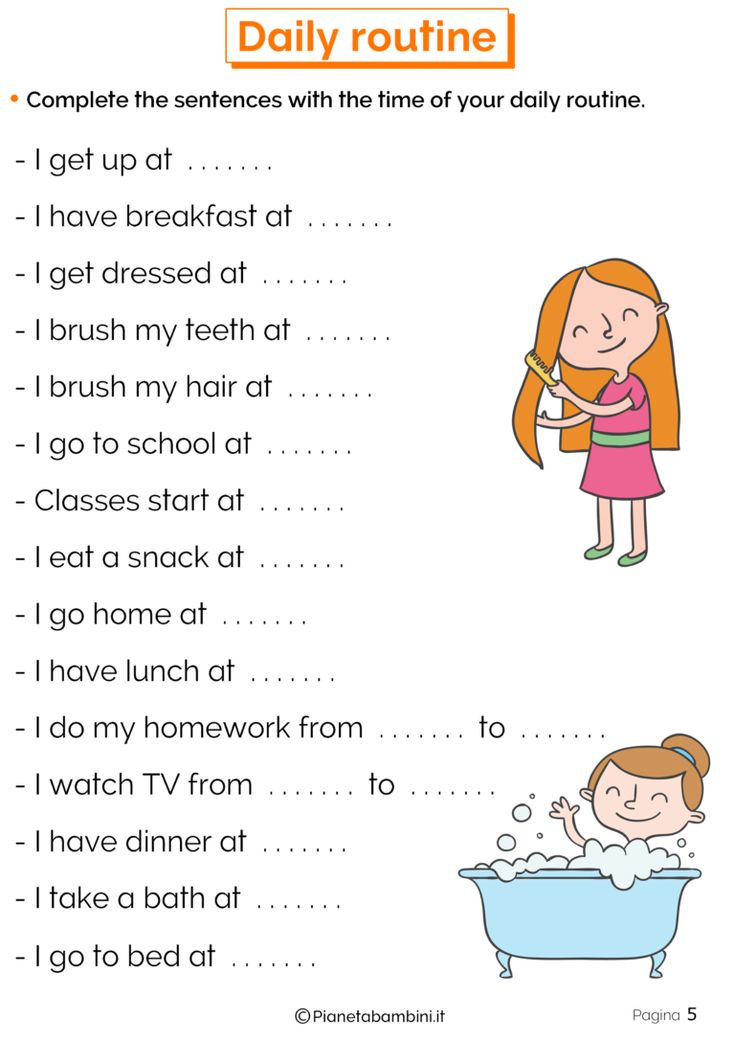
Examples of the use of introductory words:
- Pacific Ocean, no doubt , the largest on the planet.
- To be frank, I couldn't convince him that I was right, and I didn't even try.
- This role, how I see it , Masha will play the best.
- — Will you be expected by eight in the morning?
- Of course !
Courses to prepare for the Unified State Examination in Russian at the Skysmart online school - without stress and on real exam tasks. Try it for free with an introductory lesson!
Classes of introductory words by value
As we have already said, introductory words can perform a variety of functions in oral and written speech.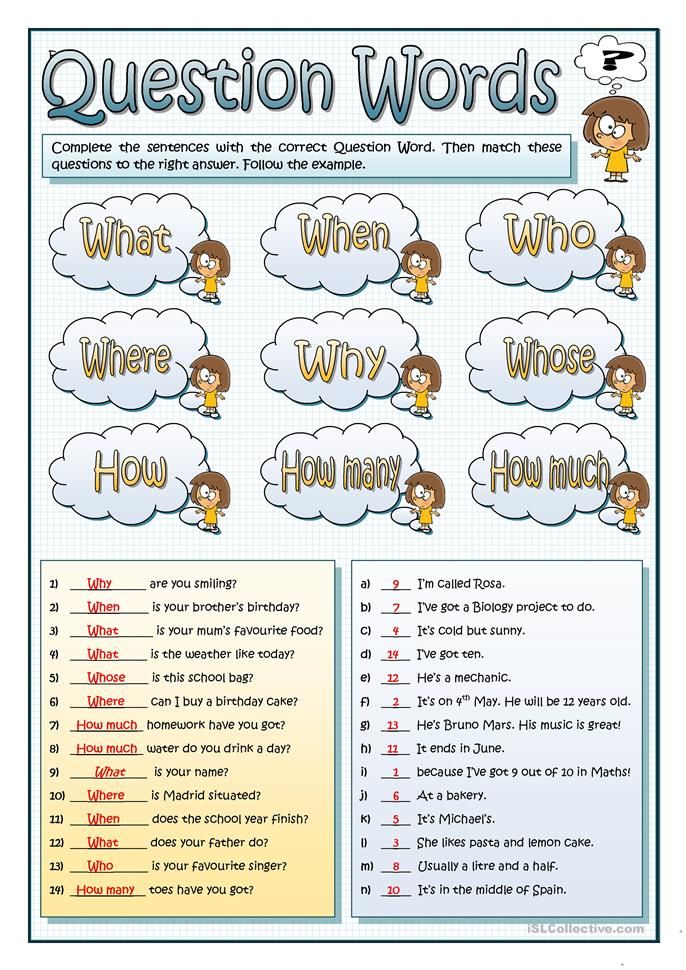 Some of them emphasize the position of the speaker - his confidence, surprise, regret, etc. Others point to the next action or event, the logic of the story or the source of information. The third ones are only needed to attract attention. Let's figure out what the introductory words of different types mean, and at the end we will summarize using a table with examples.
Some of them emphasize the position of the speaker - his confidence, surprise, regret, etc. Others point to the next action or event, the logic of the story or the source of information. The third ones are only needed to attract attention. Let's figure out what the introductory words of different types mean, and at the end we will summarize using a table with examples.
Various degrees of certainty, conjecture and assumption
This is the most common category of introductory words that we refer to on a daily basis. The main function of this category is to emphasize confidence or uncertainty in any information, so it is very important.
Examples: certainly, certainly, of course, of course, suppose, probably, perhaps, maybe .
If such an introductory word is removed, the sentence will not lose its meaning, but its meaning will still become slightly different.
Compare:
- Maybe I'll call on you tonight.
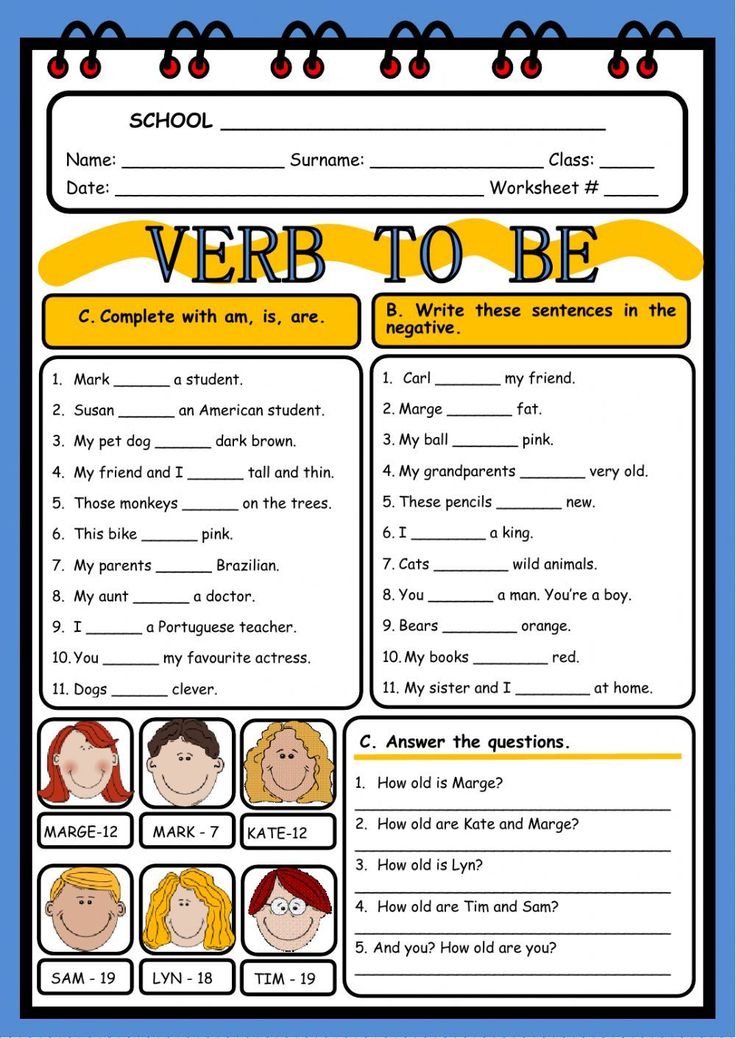
- I will visit you tonight.
In the first case, uncertainty remains, while in the second, the proposal sounds positive.
If we talk about introductory words that express confidence, this difference is less noticeable. With them, the statement becomes more categorical, but does not acquire other shades of meaning.
- The task will be difficult, but you, of course , can do it!
- Certainly is the shortest road to the city center.
- This deal, no doubt , launched his successful career.
Do not confuse with members of the sentence:
I believed his words (how?) definitely and without the slightest doubt.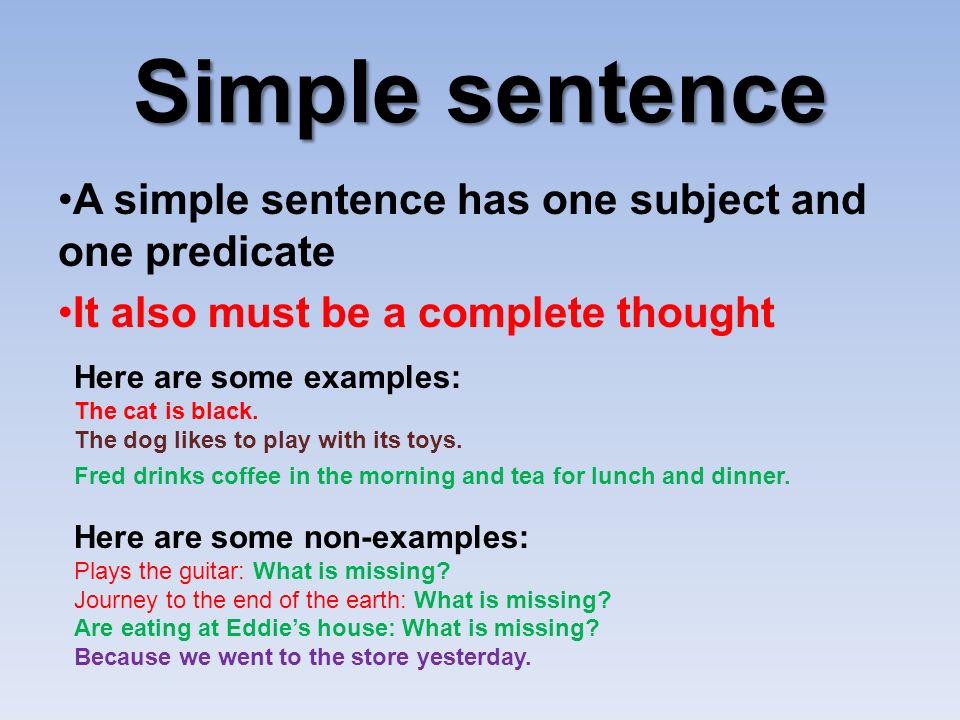
Next, we will consider how the introductory words are indicated, but for now we remind you: if you can put a question to the word, it is a member of the sentence and is not separated by commas.
Emotions, feelings and assessment of what is happening
Using this category of introductory words, the speaker expresses his attitude to events, gives an assessment. Such words can denote joy, delight, grief, horror, a sense of shame, fear, etc.
Examples: to everyone's joy, to horror, to my delight, unfortunately, unfortunately, the hour is uneven, that's it.
They are characteristic of direct speech, as they reflect the emotions and feelings of the speaker.
- Sorry, , I won't be able to personally meet you at the station.
- Time, surprisingly , flew by very quickly - I did not have time to get bored.
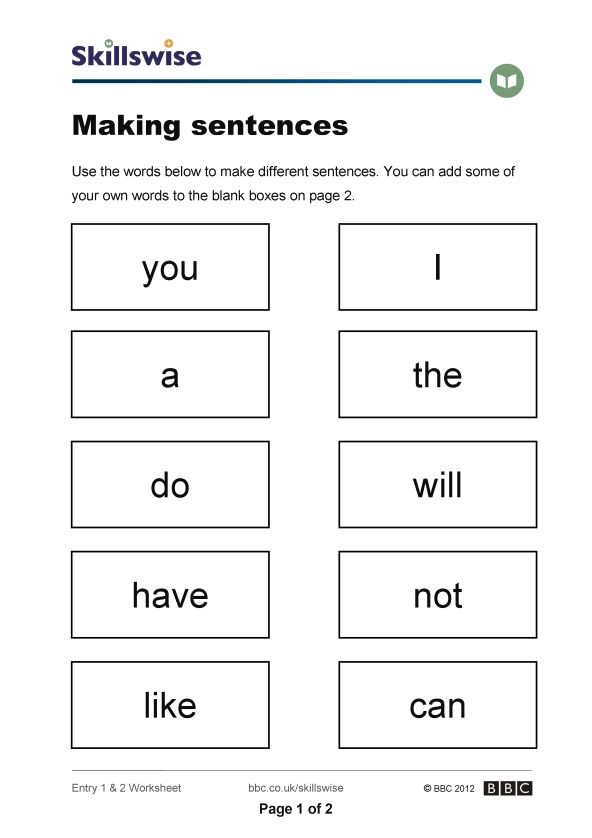
In fiction, these same introductory words can also be used to tell about the feelings of the hero or his attitude to events.
- Katya, to her shame , did not know the meaning of this word and did not understand what it was about.
- The artist went for an encore and, to the delight of the audience sang all the hits.
Do not confuse with members of the sentence:
(Why?) The delight of the audience was mixed with a share of disappointment that the favorite hit was never heard.
Ordinariness, ordinariness of what is happening
Quite a small category of introductory words, in which the majority are colloquial expressions. They not only allow you to point out the ordinary nature of events, but also enliven the text, give it color.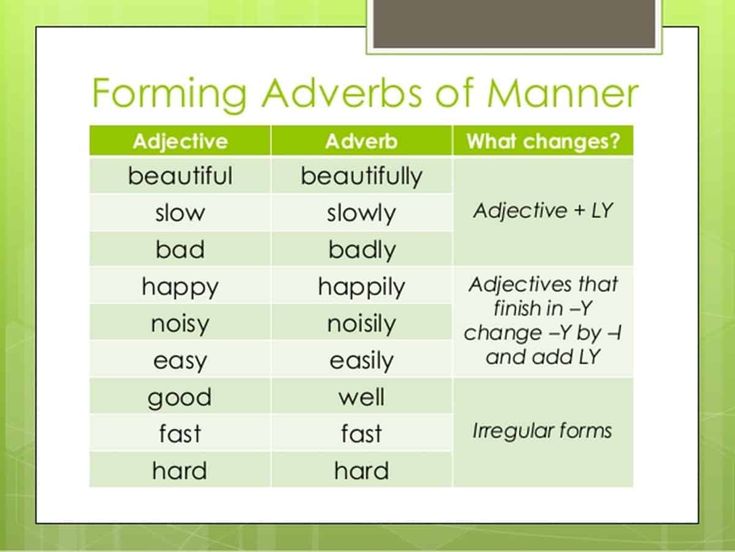
Examples: happened, as usual, happened, as a rule, as usual, as usual, as always .
- Grandfather Semyon opened the gate and, according to the old custom , leaned towards the shaggy Beetle.
- After a walk in the park, we, as usual , went for a cup of tea in a cafe.
Do not confuse with members of the proposal:
Not accepting the church reform, the community continued to live (how?) old custom .
Introductory words indicating the source of the message
The main task of introductory words of this type is to indicate authorship, refer to the source of information or give the statement some authority. They are typical for news reports, reviews, articles in the media and are part of the journalistic style, although they are used not only within its framework.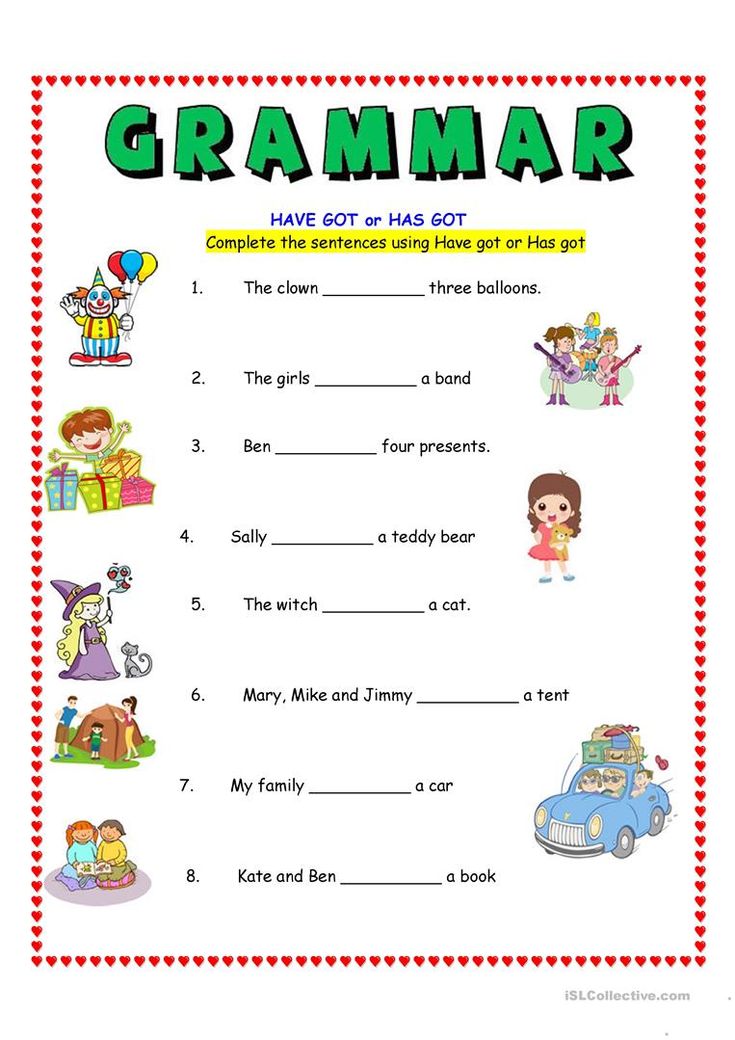
Examples: according to experts, according to scientists, according to the prime minister, according to a correspondent, in my opinion .
- About 97% of all water on our planet, according to scientists , is contained in the oceans.
- According to the Deputy Prime Minister , economic growth will continue next year.
In addition, such introductory words help convey direct speech without resorting to exact quotation.
- Ivan Ivanovich said: "Our plant overfulfilled the plan by 5% last quarter."
- According to Ivan Ivanovich , the plant overfulfilled the plan in the last quarter by 5%.
Do not confuse with members of the sentence:
Do not draw far-reaching conclusions (for what?) according to experts , the situation may still change.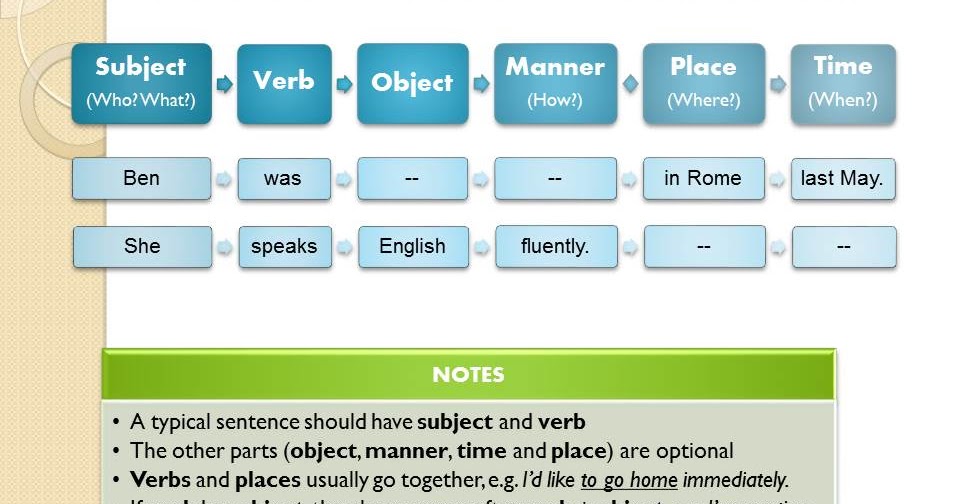
Connection of thoughts and sequence of presentation
This type of introductory words indicates the internal logic of the sentence, sequence or any other connection between events. It is especially often used in textbooks and scientific materials, since it makes it possible to streamline the text, build a causal chain.
Examples: therefore, firstly, secondly, respectively, therefore, on the one hand, first of all, in addition, finally .
- These triangles have a common hypotenuse, hence , they are equal.
- On the one hand, Dasha liked living in France, but on the other hand, she still missed home.
Do not confuse with members of the sentence:
The sheet of paper was painted only (where?) on one side and the other side remained blank.
Notes on the style of speech, way of expressing thought
Introductory words from this category are usually used to indicate the features of the presentation or to reformulate the idea. Like the previous view, sometimes they can precede a certain conclusion, but do not directly indicate the connection of events, but rather help express the same idea through other facts or in a different style.
Examples: in other words, to put it mildly, to put it more precisely, if I may say so, in short, in a word.
- The children started to get bored and look at their phones, in other words , the movie was not very interesting.
- This, if I may say , is not jasper at all - the stone heats up too quickly in the hands.
Do not confuse with members of the sentence:
(What?) In other words, can be wounded no worse than with a dagger.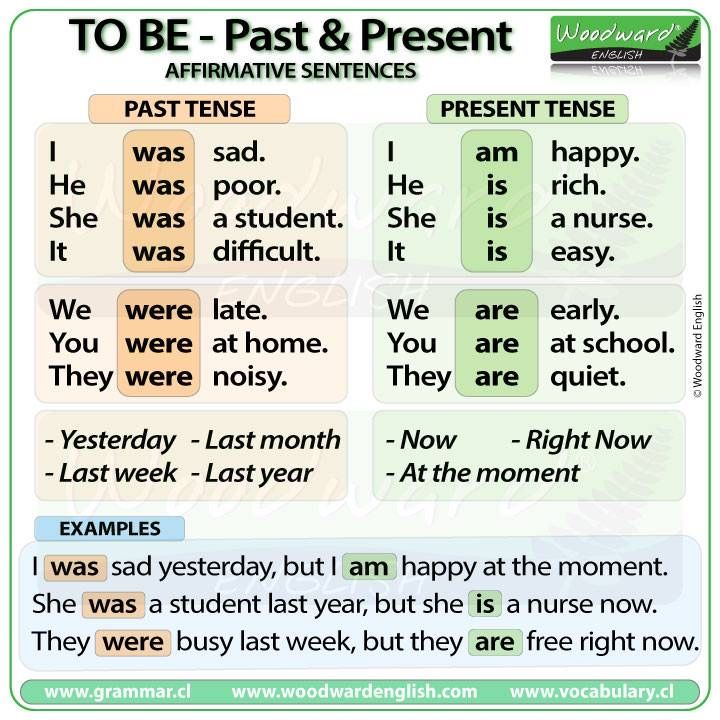
Introductory words that attract the interlocutor's attention
Marker words with which you can draw the listener's attention to one or another part of the statement, emphasize the main idea. Very often they are at the beginning of a sentence, but they can also occur in the middle, but at the end they are extremely rare.
Examples: listen, imagine, emphasize, believe it, see, notice what is essential, what is even more important .
- Note , no one left the classroom, although the teacher was already half an hour late.
- At this meeting we were able to sum up the results and, which is significant , outline a plan for the next year.
Do not confuse with members of the offer:
Marina always collected her briefcase in the evening, which (how?) significantly saved her time in the morning.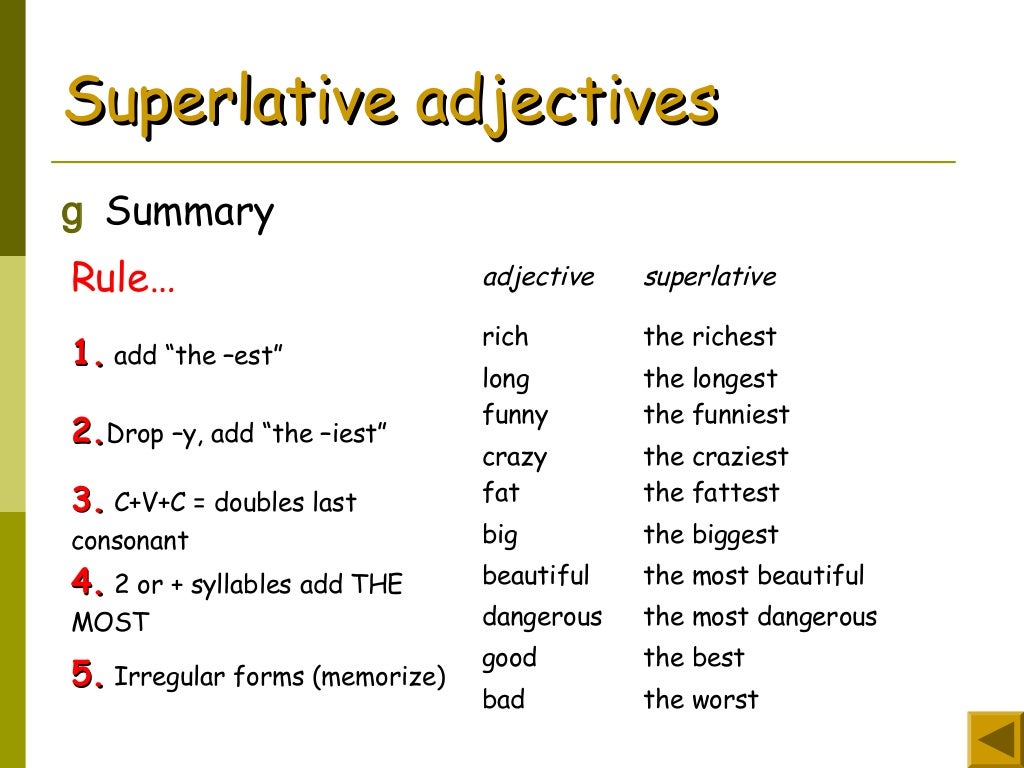
Of course, it is almost impossible to list all the introductory words that are, but we have compiled a short cheat sheet - a table with examples of sentences.
| Value | Introductory words | Examples |
| Degree of certainty, assumptions, assumptions | Undoubtedly, unequivocally, it may happen, of course, of course, perhaps, for example, perhaps, etc. | Possibly , our department will join this project next month. Katya, of course , the best student in the class. |
| Emotions, feelings and assessment of what is happening | Fortunately, to my surprise, to my shame, unfortunately, the hour is uneven, to joy, unfortunately, God forbid, thank the gods, etc.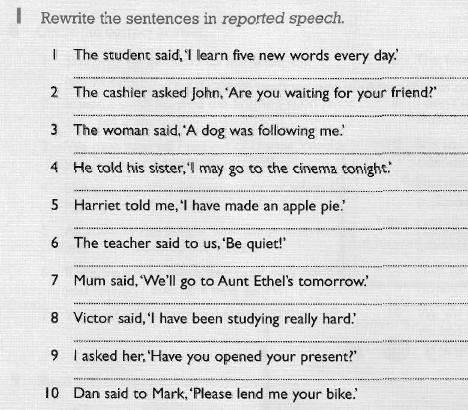 | The weather has deteriorated and, the hour is uneven , it will also rain in our city. Masha quickly found an error in the problem and, fortunately , managed to correct it. |
| Identification of source of information | According to scientists, according to the press, they say, according to experts, in my opinion, in your opinion, etc. | This summer, say , there will be many berries in the forest. According to scientists , green tea has a positive effect on the nervous system. |
| Indicating the sequence of events or thoughts | Firstly, therefore, therefore, on the contrary, finally, in particular, in the first place, thus, etc.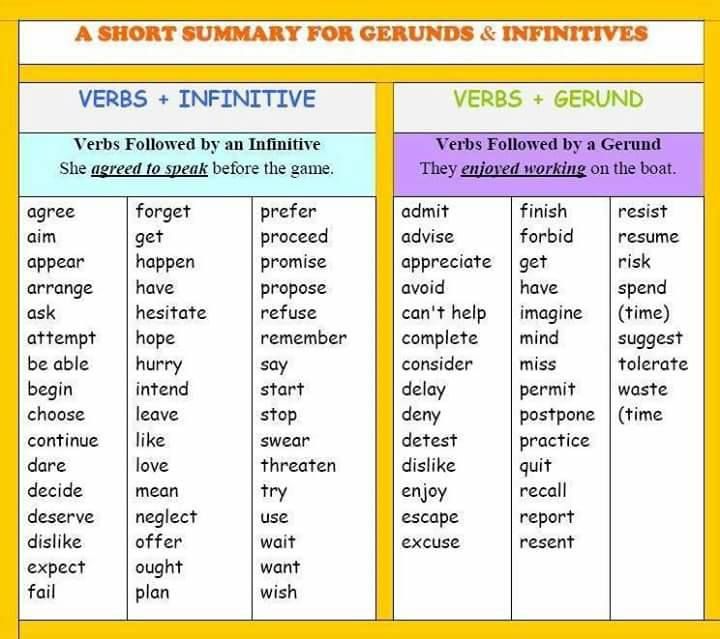 | Katya dreamed of a trip, and Dasha, opposite , would like to stay at home. Winter will be harsh, therefore , you need to think about warming the house. |
| Drawing attention to all or part of a proposal | Do you understand, do you know, look, listen, confess, if you want to know, do me a favor, etc. | Listen to , if he did it, then he had a good reason. We waited for him all evening, and he, you see , simply forgot about the meeting. |
| Indication of the commonness of an event or subject of conversation | It happened, usually, it happened, as always, as a rule, as usual, etc. | I came to work, as usual , at eight in the morning. It used to be , Ivan was late for the last bus and walked. |
| Comments on the style and nature of speech, the way of expressing thoughts | To put it mildly, to put it bluntly, in a word, to put it bluntly, in other words, or rather, to say what is called, etc. | Your act, to put it mildly , looks tactless and offends those around you. We live in a village near Tula, or rather , in the suburbs. |
Free English lessons with native speaker
Practice 15 minutes a day. Learn English grammar and vocabulary. Make language a part of life.
Punctuation marks for introductory words
All introductory words in Russian are distinguished by punctuation marks, which is clearly seen in the examples from our table.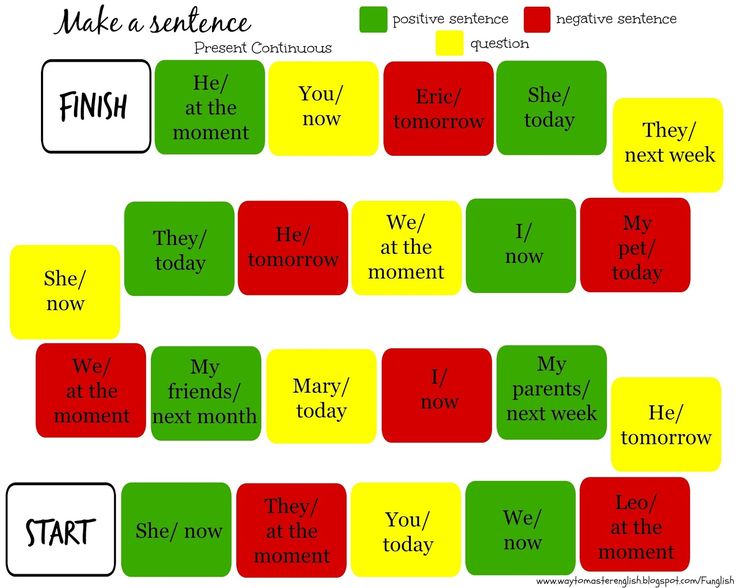 In this they differ from the same words that act as members of a sentence and answer a certain question. In addition to the question, there is another way to understand whether it is necessary to put commas or other punctuation marks - try to move the word (phrase) to another part of the sentence.
In this they differ from the same words that act as members of a sentence and answer a certain question. In addition to the question, there is another way to understand whether it is necessary to put commas or other punctuation marks - try to move the word (phrase) to another part of the sentence.
- As a rule Ivan eats oatmeal for breakfast.
- Ivan, usually , eats oatmeal for breakfast.
- Ivan eats oatmeal for breakfast, as a rule .
The meaning of the statement has not changed, the construction looks good in any part of the sentence. This means that these are introductory words and they are separated by commas.
Amazing, usually can be so confusing and difficult to understand.
In this case, the phrase "usually" has a strong syntactic relationship with other words in the sentence, it cannot be moved without losing its meaning.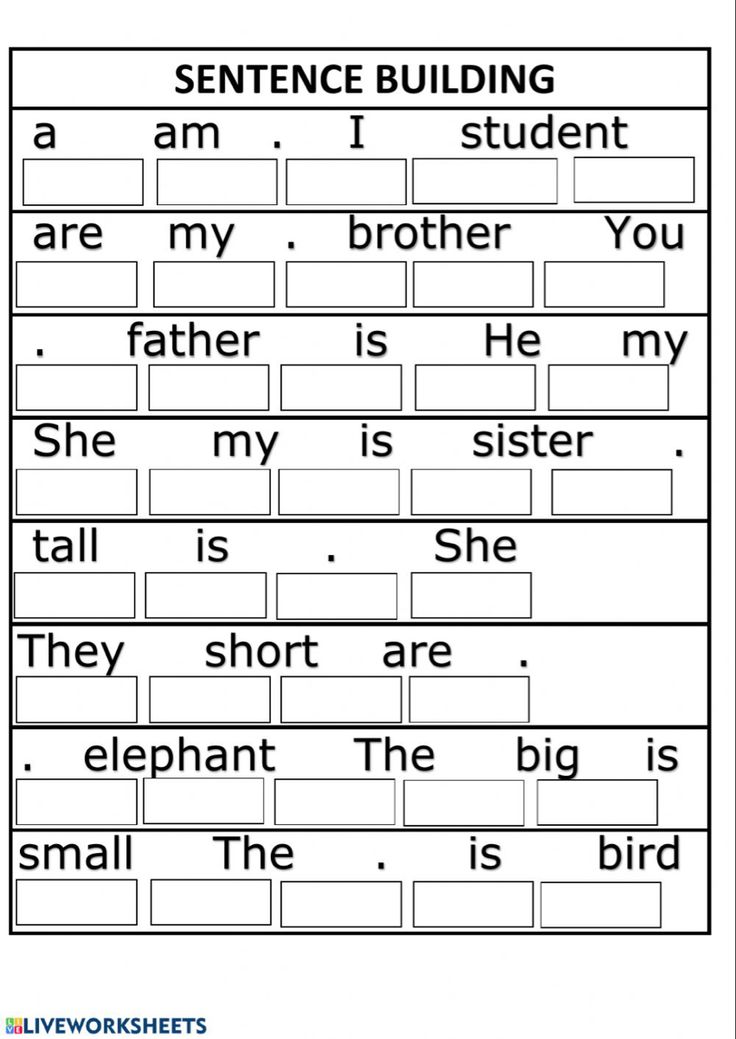 So it is not introductory. We can check this assumption by analyzing it by composition, and we will find out that the "rule" here is the subject.
So it is not introductory. We can check this assumption by analyzing it by composition, and we will find out that the "rule" here is the subject.
Important!
If in a compound sentence with the union “and” both parts of it are preceded by one inserted word, it is not required to put a comma between these parts.
- Apparently , the lesson hasn't started yet and the children were still making noise outside the door.
- Luckily , the rain had already stopped and I didn't get wet at all on the way home.
- Yesterday I saw this document, hence , it was lying on the table and Nikolai could not pick it up.
How else is an introductory word distinguished in a sentence, apart from commas? Sometimes you can put a dash in front of it, but this refers more to the author's punctuation, which is needed to create a special rhythm of the text or convey intonation.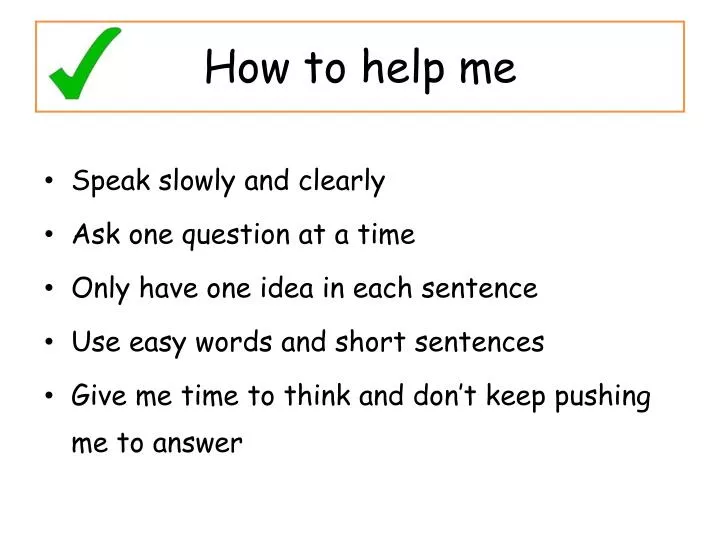
- I realized that I had forgotten my passport and I was very scared - the hour is uneven , I will have to turn back.
- Sergey was annoyed - you see , he expected to get a promotion this month.
Introductory words and insertive constructions
| Insertive constructions and insertive sentences differ from introductory words in that they are an autonomous part of a sentence and contain a complete thought. They can act as incidental remarks, indications, author's explanations in relation to the main sentence, and sometimes even have a weak syntactic connection with it. |
To make it clearer how the introductory words and plug-in constructions differ, we have compiled a small table.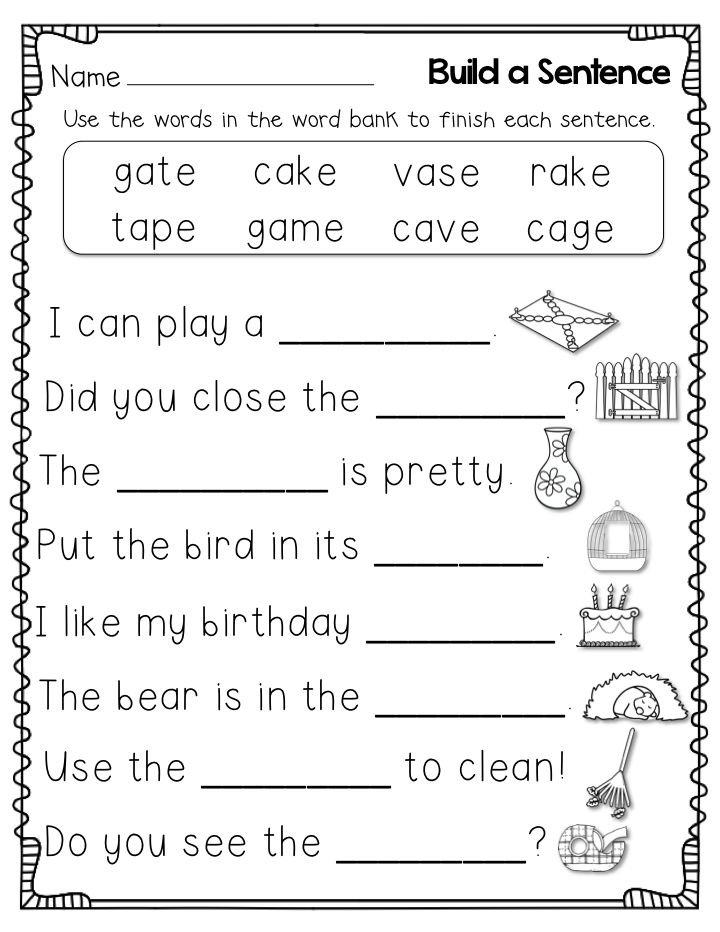
| Introductory words | Plug-in designs |
| July, say , will be warm and sunny. | July, I think will be warm and sunny. |
| Alexey, of course already knew how to properly saddle a horse. | Aleksey, we were sure of this , he already knew how to properly saddle a horse. |
| The ring lay in a conspicuous place and, certainly , attracted attention. | The ring lay in a conspicuous place, and - as the reader has already guessed - attracted attention. |
It is easy to see that insert constructions, unlike introductory words, have their own subject and predicate.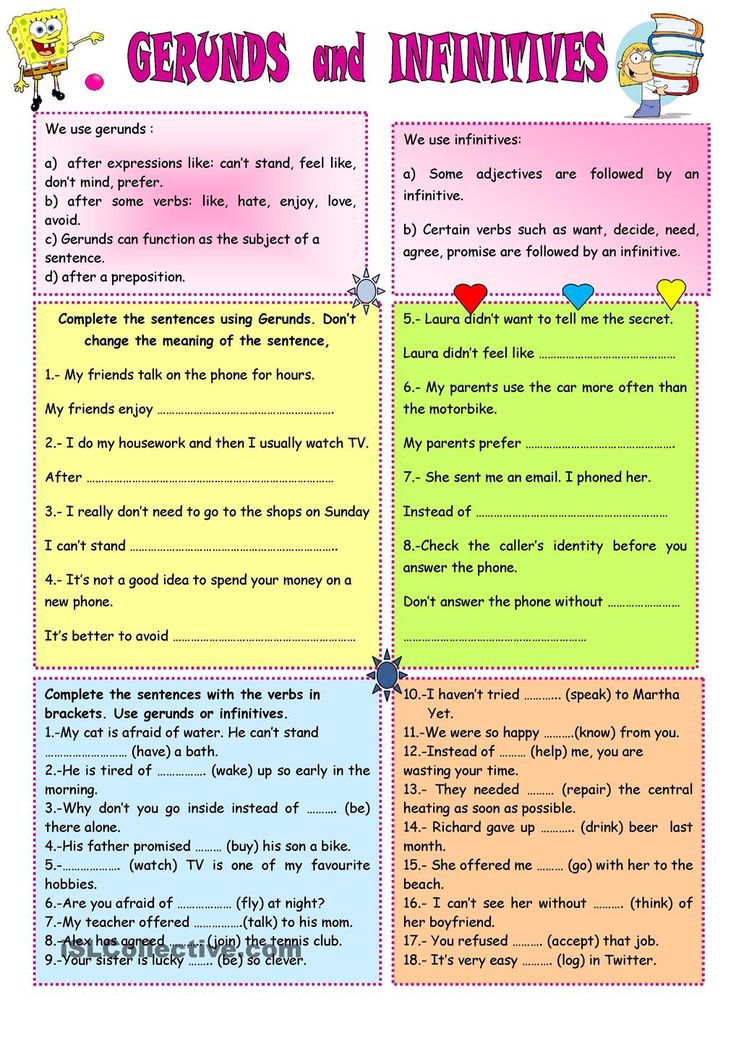 Very often they can be issued as a separate proposal.
Very often they can be issued as a separate proposal.
Short insertions may be separated by commas, while longer ones are often separated by parentheses or dashes. However, it depends not so much on the length of the structure, but on the author's intention. Putting a dash or bracket instead of a comma in most cases will not be a mistake.
- Several guys - there were about a dozen - turned off the path to eat raspberries.
- An old tram rumbled along the street ( such trams have long been discontinued ) and slowly disappeared around the corner.
- Once — Kolya and Vitya remembered this day for a long time — dad took the whole family to go fishing in the neighboring region.
Usually, when choosing between commas, brackets and dashes, they are guided by the following: if an interstitial construction has little or no syntactic links with the sentence, it is better to enclose it in brackets.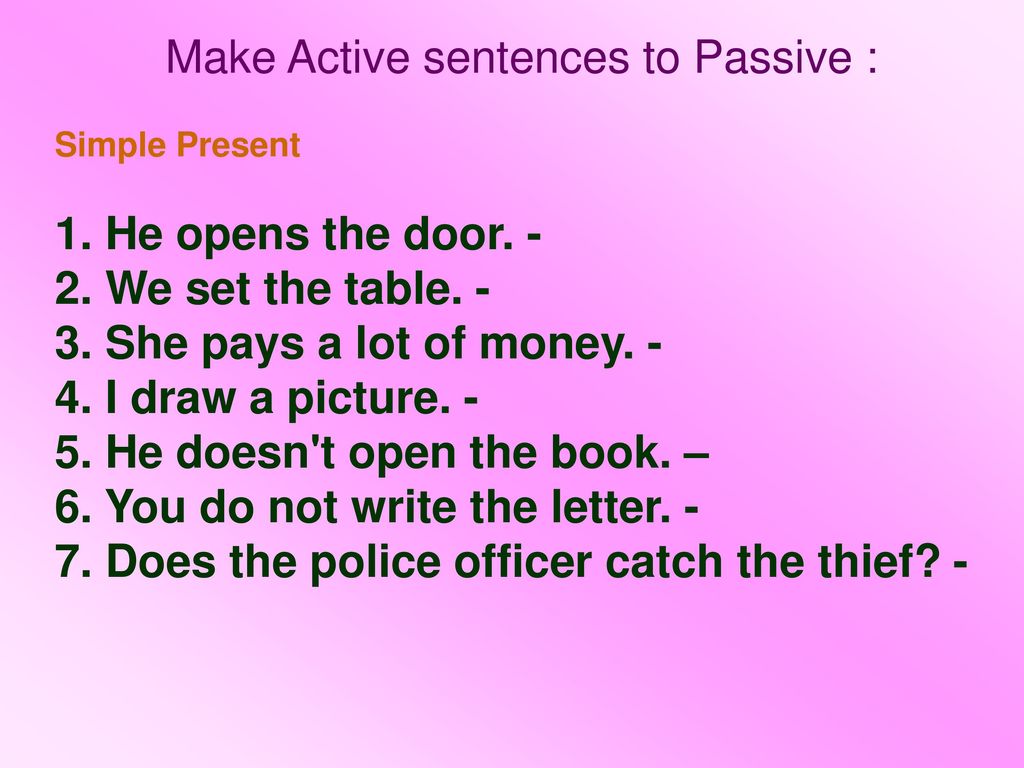
Sometimes an interstitial sentence ends with an exclamation mark or a question mark to enhance expression. In this case, it can be distinguished exclusively by brackets or a dash.
Last spring - it was a real miracle! - the old apple tree is suddenly covered with flowers again.
Important!
If an insertion ends with an exclamation mark or a question mark, then the sentence must be continued with a lowercase letter.
Interestingly, introductory words can sometimes be distinguished in the same way. As a rule, this is found in fiction and is one of the ways to emphasize emotions, express the feelings of the author or character.

